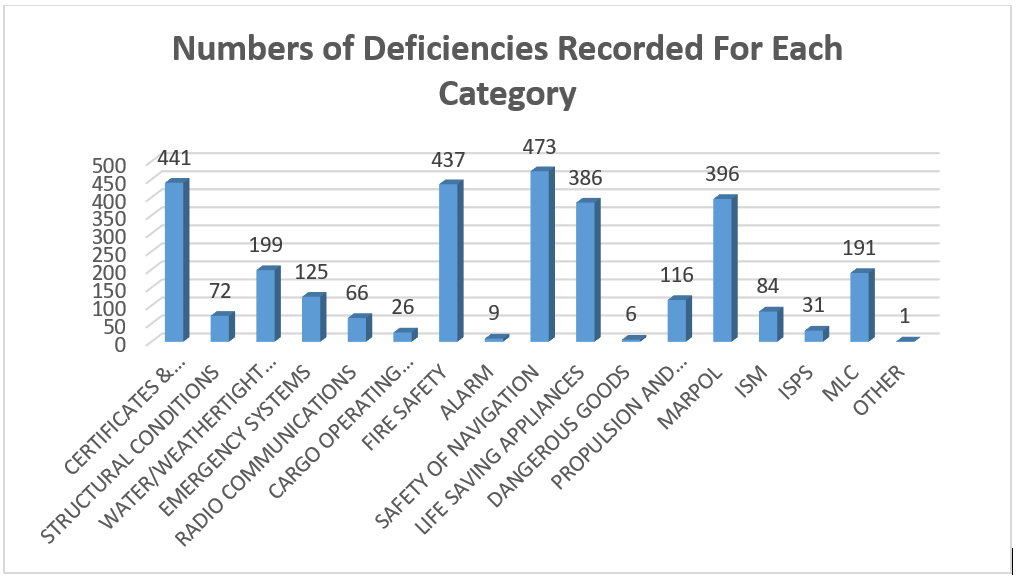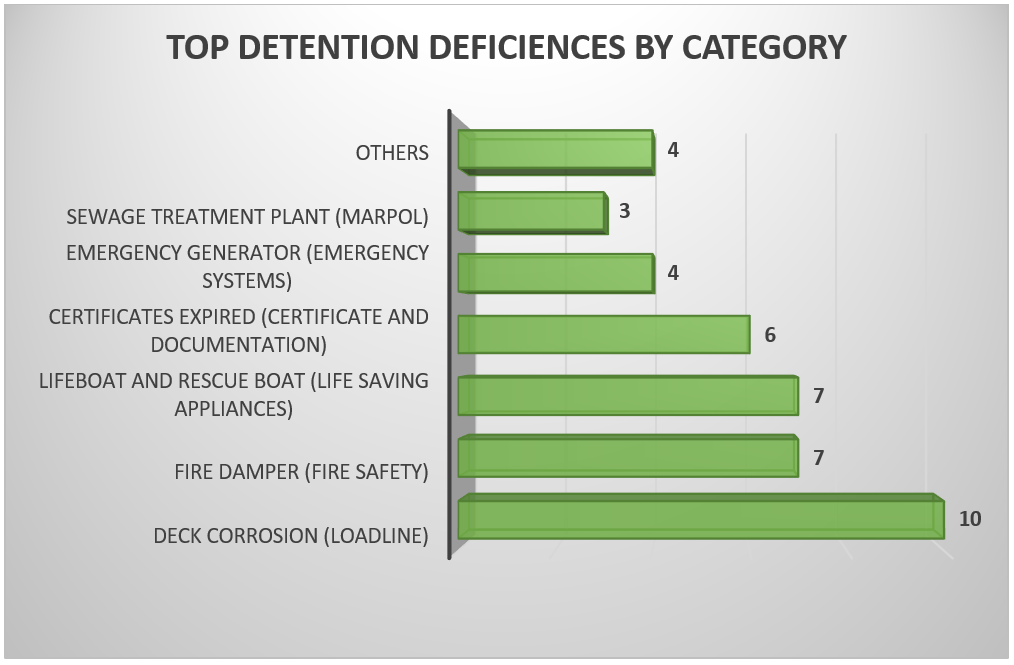Port State Control (PSC) is the inspection of foreign ships in national ports to verify that the ship and equipment are in compliance with the relevant international regulations. The key objectives of PSC are to eliminate sub-standing shipping, promote maritime safety, protect the marine environment and safeguard working and living conditions on board ships.
Singapore, as one of the world's busiest ports, is an active member of the Tokyo Memorandum of Understanding (TMOU) for Port State Control (PSC) in the Asia-Pacific region. Annually, more than 130,000 ships call the port of Singapore and at any one time, there are about 1000 ships in port. The selection of ships for inspection is based on TMOU's New Inspection Regime (NIR). Please visit
www.tokyo-mou.org/inspections_detentions/NIR.php .
Last year, the PSC team of Singapore carried out 1097 Initial inspection on ships of more than 20 nationalities. The number of inspections carried out on high, standard and low risk ships are 392, 463 and 242 respectively.
A total of 3059 deficiencies were recorded during the inspection and are categorised below.
Detention of a ship is effected when the conditions and/or operation of the ship do not fulfil the requirements of the applicable conventions to a large extent and poses an immediate threat to the safety of life and environment at sea. 15 (1.37%) of the 1097 vessels inspected were detained due to the identification of serious deficiencies during inspections. Below are some of the common detainable deficiencies recorded in year 2018.
Common causes of ship's detention
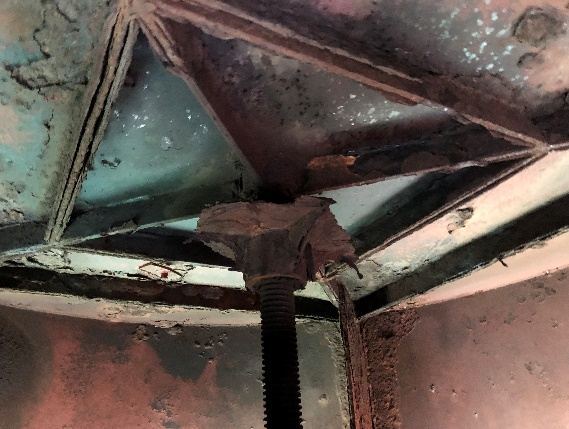
Missing Engine Room Ventilator Fire Damper
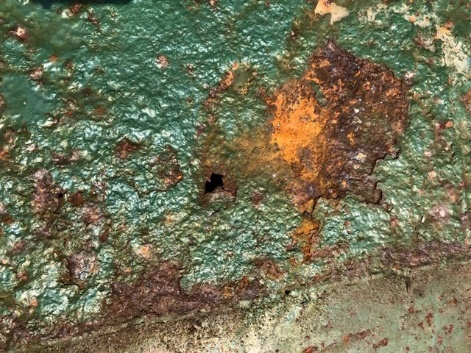
Corroded and Holed Deck Plating
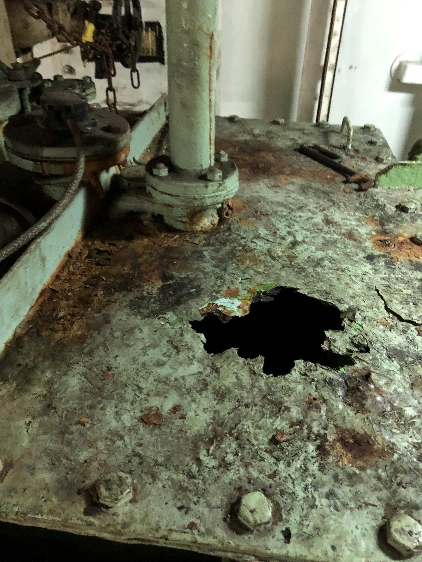
Holed Sewage Treatment Plant
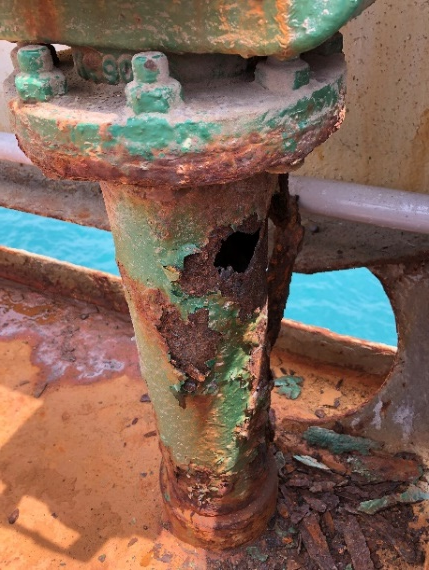
Corroded and Holed Air Ventilator
We encourage shipowners and companies to take note of these common detainable deficiencies. Moving forward from next year onwards, MPA will also be publishing an annual Port State Control Report to share on common detainable deficiencies and findings from the Singapore PSC's team. Stay tuned.

